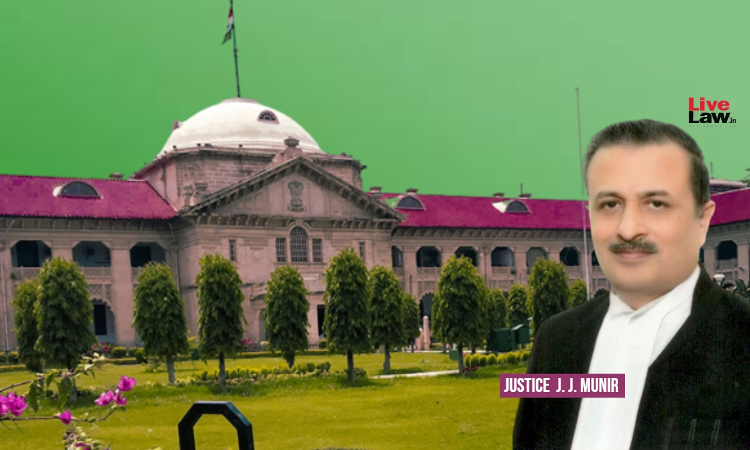Termination Of Contractual Employee Governed By Contract, Cannot Be Adjudicated Under Article 226: Allahabad High Court
Upasna Agrawal
12 April 2024 12:05 PM IST

Next Story
12 April 2024 12:05 PM IST
The Allahabad High Court has held that a termination of a contractual employee by the employer in terms of the conditions of the contract or their violation cannot be adjudicated upon by the High Court under Article 226 of the Constitution of India as there cannot be a violation of Article 14 or Article 16 where the terms of the contract are per se not arbitrary.The Court held that...
